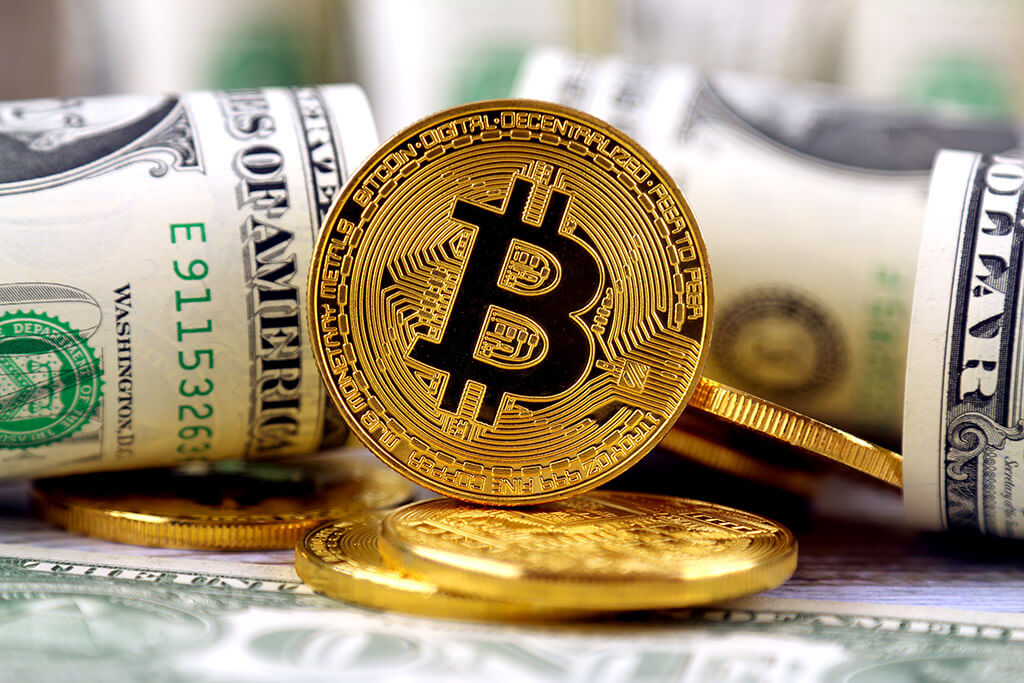Lloyds Banking Group has blocked credit card transactions for cryptocurrency purchases, but that lacks logic – and may even increase demand, say experts
By HAL WILLIAMS
AS BANKS clamp down on cryptocurrency trade, blockchain experts are voicing their confusion at the move.
 In Britain, Lloyds Bank, the Bank of Scotland, Halifax and MBNA are no longer accepting credit card transactions involving the purchase of cryptocurrencies. The announcement came in the wake of a decision by Lloyds Banking Group (LBG), Britain’s biggest mortgage lender, to ban its credit card customers from buying Bitcoin.
In Britain, Lloyds Bank, the Bank of Scotland, Halifax and MBNA are no longer accepting credit card transactions involving the purchase of cryptocurrencies. The announcement came in the wake of a decision by Lloyds Banking Group (LBG), Britain’s biggest mortgage lender, to ban its credit card customers from buying Bitcoin.
American blockchain expert and entrepreneur Daniel Jeffery, the founder of crypto-commerce company Lantah, says he can understand – in investment terms – that Bitcoin could be seen as high risk. “However, Bitcoin is not necessarily an investment, it is a currency,” he says. “Bitcoin carries something a pure investment (such as a stock) doesn’t have, utility.
“If banks are going to ban the purchase of crypto with credit cards, they should also ban foreign currency exchange and cash advances.
“Do banks question the purchases any metal, collectables, art, or even rocks?” he asks. “All of these items can be considered to serve a utility or act as an investment, depending on the intent.
“If banks don’t have a broad ‘no investments of any kind’ rule for credit card purchases, then this may appear as if they are both assuming your intent (investing) and choosing what is a good or bad investment, then forcing those opinions onto their customers.”
Jeffery, whose company has bases in Florida, Texas and California, became involved with the market space of blockchain technologies, working with a team of technology experts – and believes blockchain will change society and the financial world.
Blockchain functions as a decentralized database that is managed by computers on a peer-to-peer network, resulting in cheaper, faster, and more secure medium for online transactions without the need of third parties such as banks.
Those banks could be signalling their displeasure with the credit card embargo.
Jeffery’s company, Lantah, uses blockchain technology to offer the first global, borderless marketplace. Lantah aims to replace businesses’ need to handle storage, inventory management and ordering at a global level.
The LBG’s new rules and regulations will do little to actually stop anyone who really wants to buy Bitcoin, in Jeffery’s opinion. “There is always a way around it and no central authority can truly regulate Bitcoin.
“While I wouldn’t advise violating any contracts you may have with a bank, getting a cash advance and purchasing Bitcoin through a local seller gets the same job done, arguably easier and faster than most online methods.
“Banks and regulators should take their time to understand the crypto community. While their actions may temporarily damage the market price of coins, overall, these types of actions are the very reason why Bitcoin was invented.
“Any attempt to stop crypto and control individuals’ finances will only increase demand for cryptocurrencies in the long-term and further incentivize competitors to continue developing banking alternatives.”
The stated reason for the move is concern that customers “could run up huge losses”, Britain’s Daily Telegraph reported. LBG will block any attempts to buy Bitcoin with a credit card starting February 5 – but digital currencies could be purchased with debit cards.
LBG credit card customers will be blocked from buying Bitcoin online through a blacklist that will flag sellers, according to The Telegraph.
Forbes describes Bitcoin as the “people’s currency” with the potential to become a new currency, free of government or bank control.
Governments are stepping up regulations of Initial Coin Offerings (ICOs) and shutting down cryptocurrency exchanges. Vietnam and China have announced new controls to crush cryptocurrencies.
A Bank of America survey has called Bitcoin, the “most crowded” trade.
Digital currencies have plunged, with Bitcoin at one point slipping below $8,000 (£5,700) and headed for its biggest weekly loss since December 2013.
Bitcoin’s slide has led to concern about debts if the virtual currency continues to depreciate.
British investors have bought Bitcoin as it surged in value, peaking at nearly $20,000 (£14,465) in December.
The LBG move follows warnings by regulators in the US, South Korea, China, Russia and India over the cryptocurrency. Germany’s Bundesbank has also called for global regulation and France’s finance minister wants tougher rules. Facebook has banned adverts for Bitcoin and other cryptocurrencies on its sites after criticism from users.






























